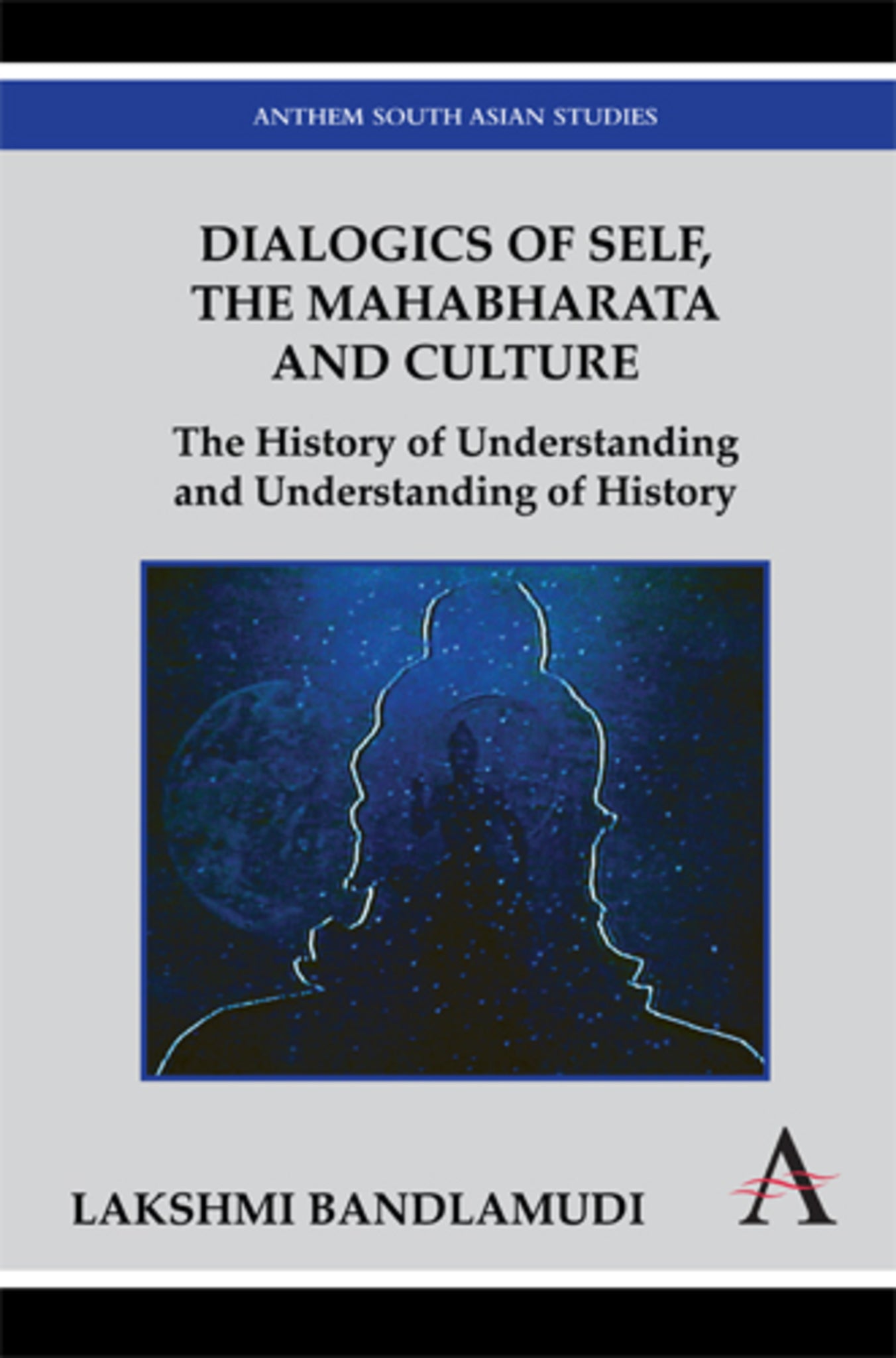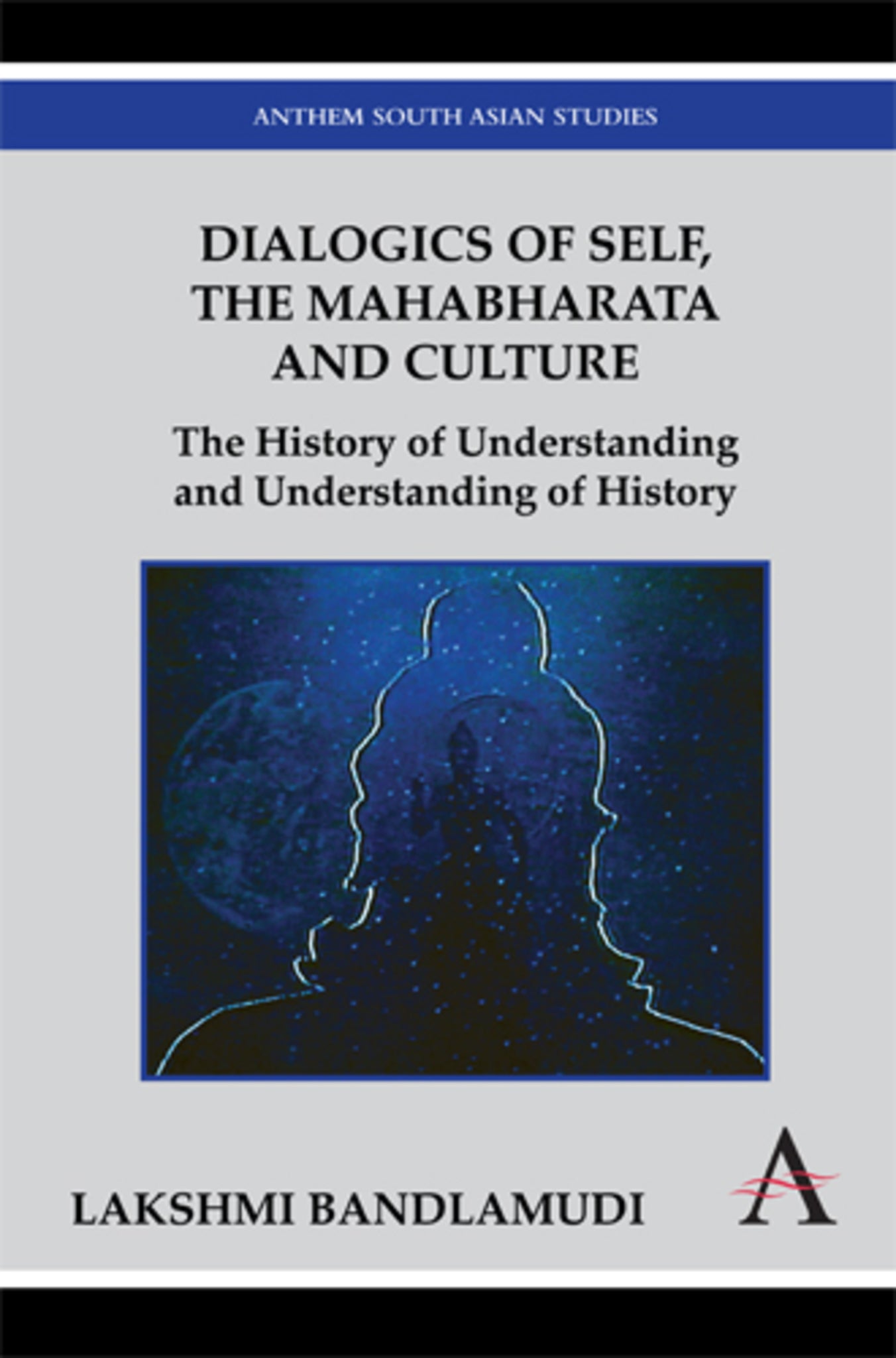We're sorry. An error has occurred
Please cancel or retry.
Dialogics of Self, the Mahabharata and Culture

Some error occured while loading the Quick View. Please close the Quick View and try reloading the page.
Couldn't load pickup availability
- Format:
-
15 May 2010

‘Dialogics of Self, the Mahabharata and Culture: The History of Understanding and Understanding of History’ explores the interrelationships between individual and cultural historical dynamics in interpreting texts, using key concepts from Bakhtin’s theory of dialogics. This ambitious volume discusses the limits of fixed monologic discourses and the benefits of fluid dialogic discourses, and provides a cultural and psychological analysis of the epic Indian text the Mahabharata.

PHILOSOPHY / Criticism, Philosophy: metaphysics and ontology

‘There is a lot in this book, and the discussions succeed in illustrating and exploring the complex relationships between individual history and memory, sense of self, cultural background, contemporary cultural location, and textual interpretation.’ —Simon Brodbeck, ‘Relegere: Studies in Religion and Reception’
Part I. About Theories and Philosophies; 1. Introduction: So What’s the Story and Why This Story?; Part II. About Self; 2. Telling Tales About Lives; 3. Who Tells What Kind of Stories?; Part III. About Memory; 4. The Cultural Scene: Allure of Tales in the Living; 5. Remembering Mahabharata: The Story Telling Time and the Time of the Story; 6. Gendered Memories: The Heroine's Journey in Time; Part IV. About Interpretation; 7. The Reading Act; 8. Readers, Plots, and Discourses; Part V. About Self, Memory and Interpretation; 9. Tales in Lives and Lives in Tales; 10. Reflections on Real Time in Great Time; Appendix I: Tables; Appendix II. Interview Documents; References



